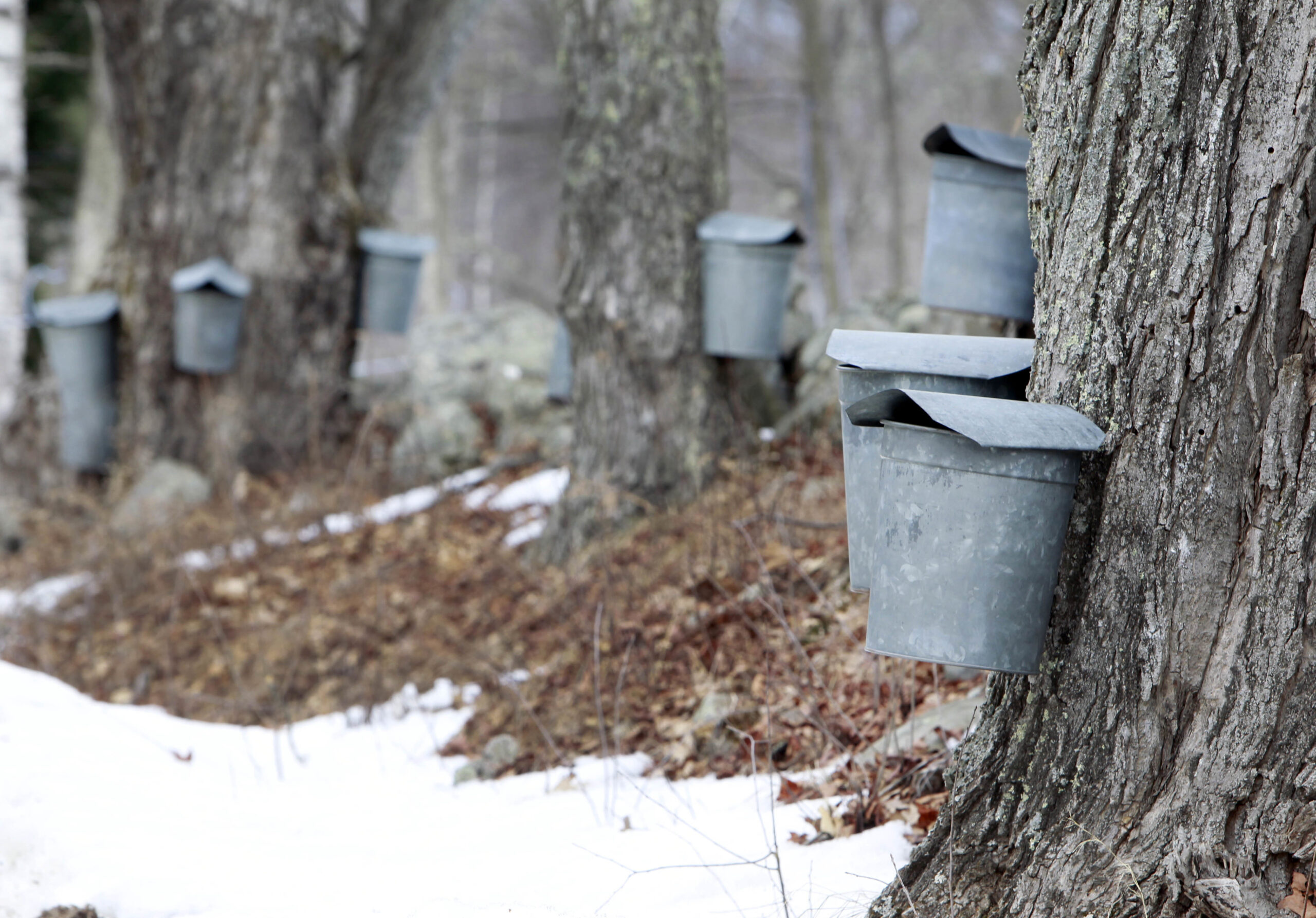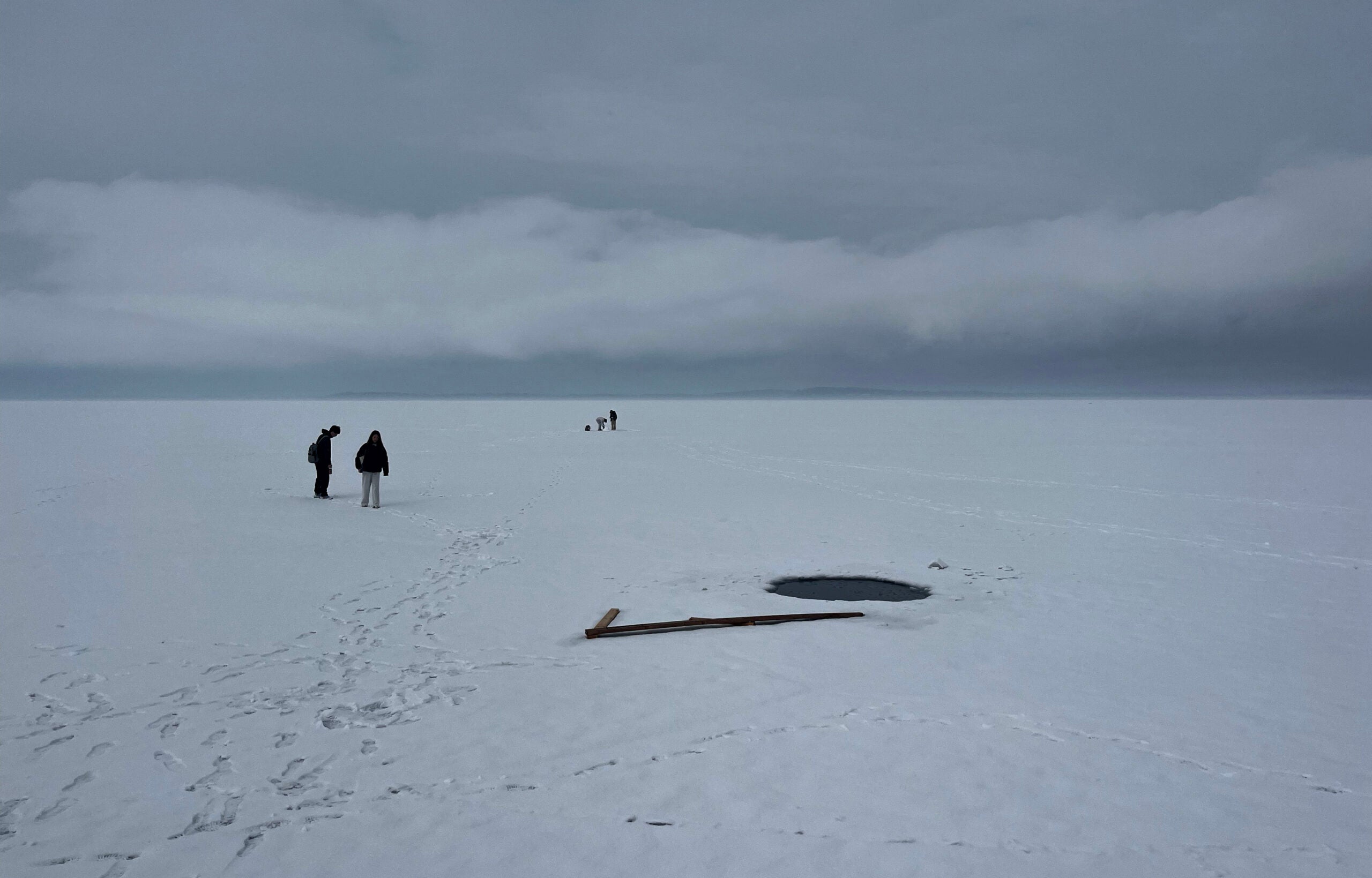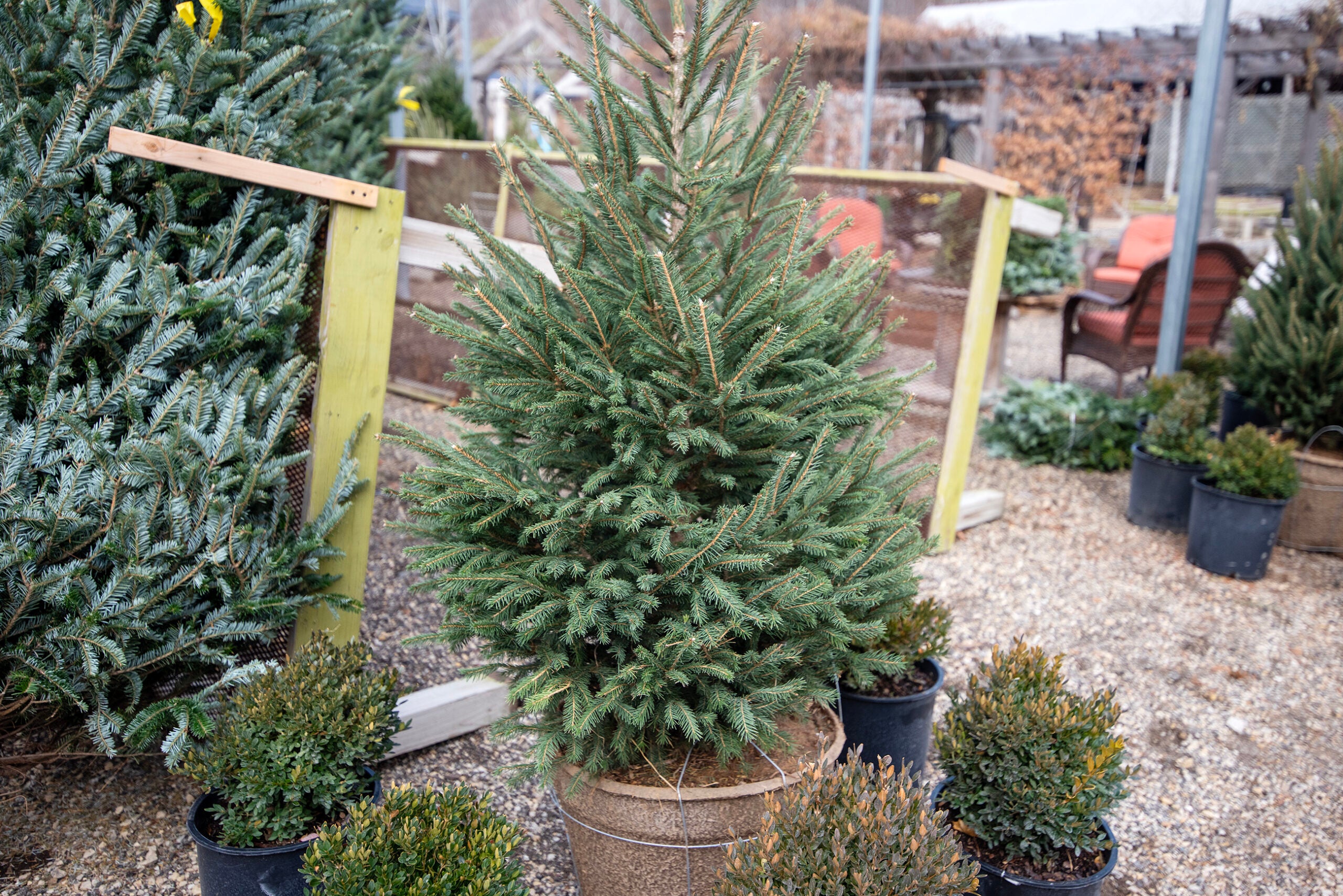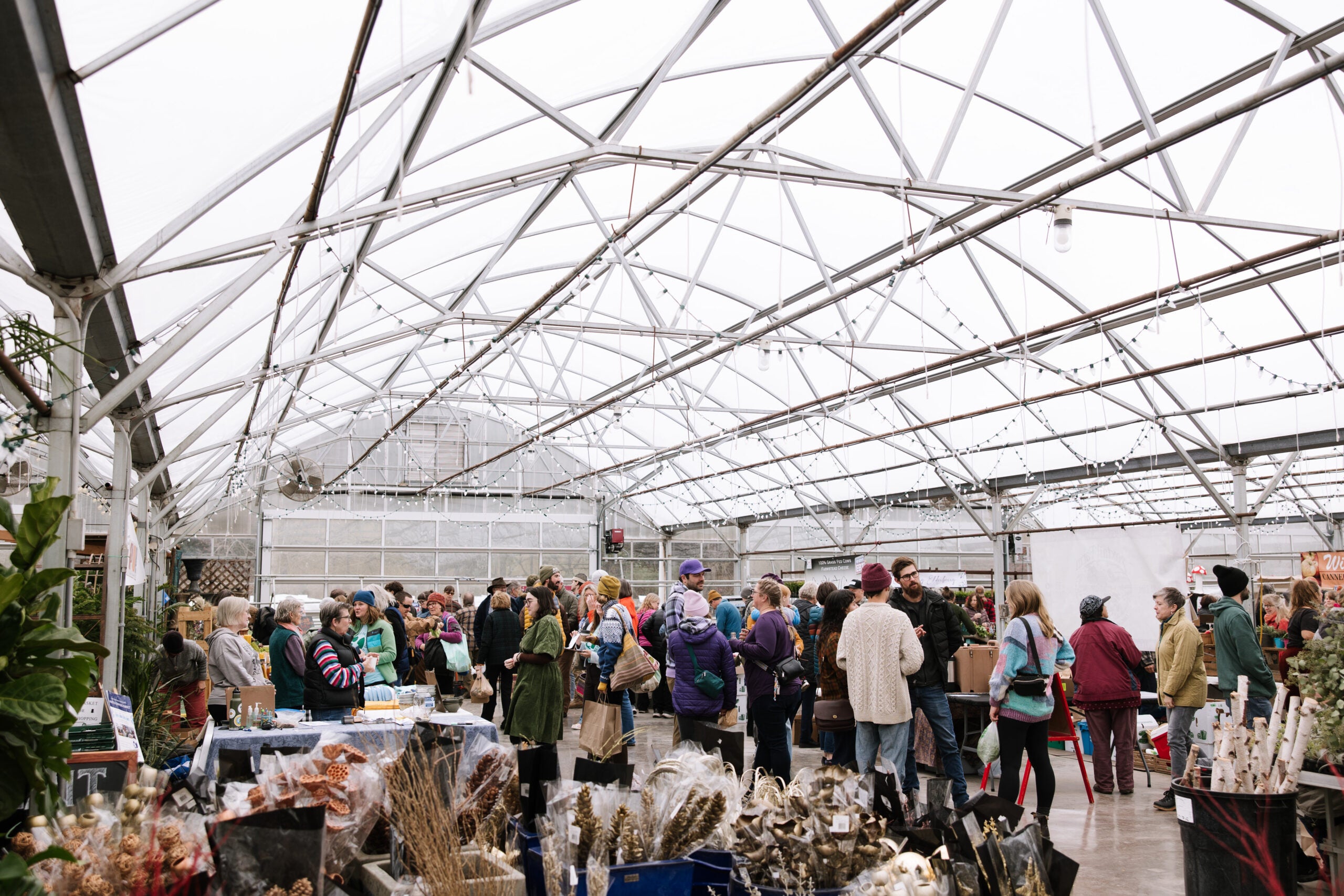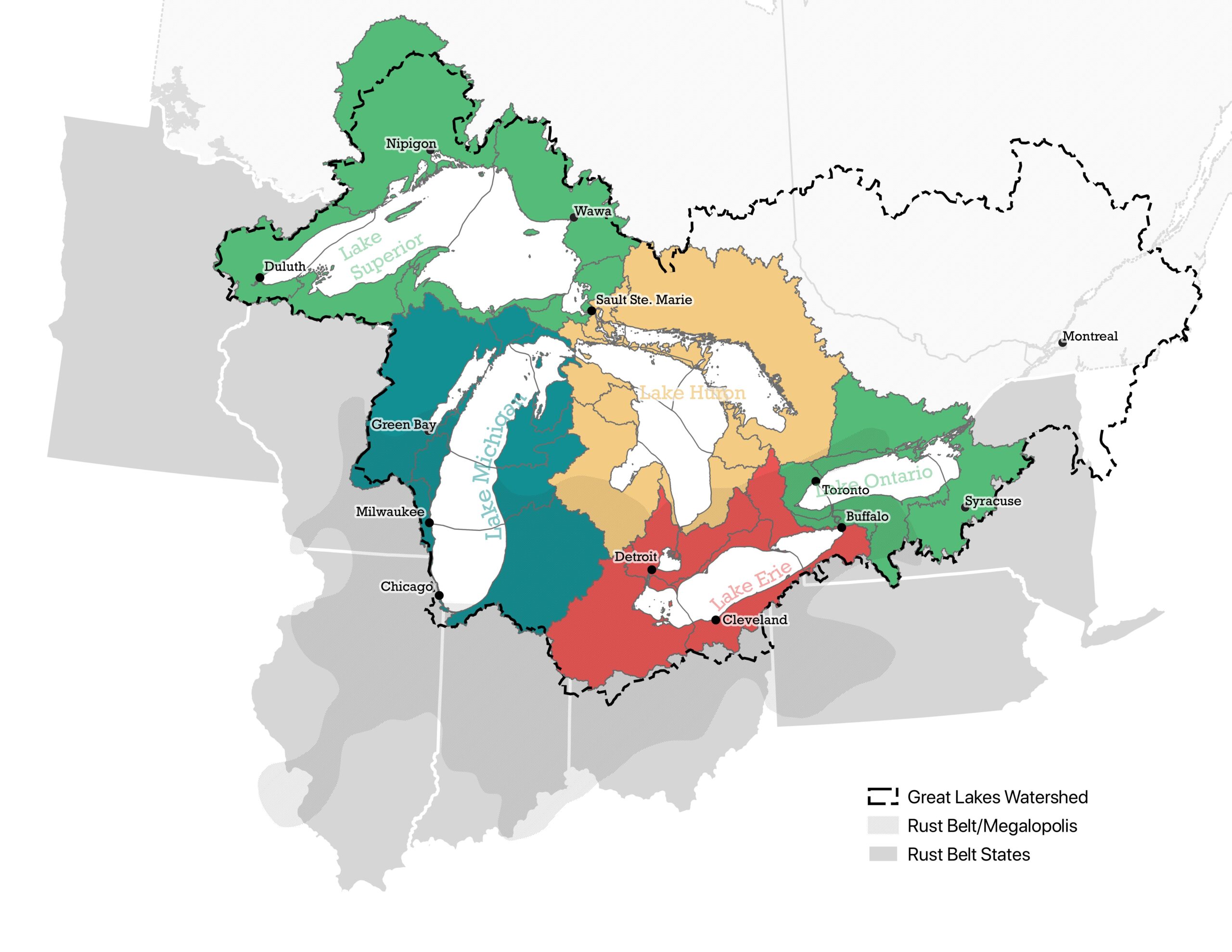Since 1948, Tony Schultz’s family has farmed land in the northwest corner of Marathon County.
Schultz harvests vegetables, grows wheat and corn and raises pigs and beef cows at Stoney Acres Farm. His dad oversees the tapping of 2,500 maple trees on the property. Schultz has helped out since he was young.
“Although I never kept a detailed journal of making maple syrup, I always thought of it as a transition season from mid-March to mid-April,” Schultz said. “But now, I feel like you have to kind of be ready to go at any moment.”
News with a little more humanity
WPR’s “Wisconsin Today” newsletter keeps you connected to the state you love without feeling overwhelmed. No paywall. No agenda. No corporate filter.
With unseasonably warm temperatures in the 40s, farmers and enthusiasts across the state have started tapping maple trees earlier than usual.
Schultz was working on his taxes the last weekend of January when he looked outside at the sunny skies. When he saw temperatures were in the 40s, he knew it was time.
“I better call Dad. We have to tap maple trees,” Schultz said. “Right now, (sap) is definitely running and this is very abnormal.”
Volatility is critical
“The key word in the last 15 years I think for maple syrup season is ‘volatility,’” Schultz said. “I just think you have to be on your toes with this season.”
Schultz sees the season going two ways. If a cold spell comes, tapping halts. Shultz predicts a second or third season as the weather fluctuates. This could mean retapping trees, which requires hours of work, throwing off the rest of his routine.
“Rolling with the season is anxiety-producing to me because we live with an industrial calendar,” Schultz said. “I have to throw that calendar out the window because here we are with maple syrup season in the beginning of February.”
The other way this plays out is temperatures continue to rise. Schultz remembers the “catastrophic” season of 2012, when temperatures reached the 70s in March.
I do not remember a year being this early since I’ve been tapping trees
Theresa Baroun
Schultz is not alone. Theresa Baroun, executive director of the Wisconsin Maple Syrup Producers Association, has heard from many other producers throughout the state who have started tapping. Baroun said producers hope to be ready for the season, and unpredictability makes it difficult.
“It is Mother Nature’s industry. I guess she really tells you, as a producer, you just have to be ready to go for the maple season,” Baroun said.
Baroun also owns a 1,200-tap operation on Maple Sweet Dairy in DePere. Her parents established the farm over 60 years ago. She has been tapping maple trees almost her whole life, but this season is unusual.
“I do not remember a year being this early since I’ve been tapping trees,” Baroun said.
For the first time ever, Baroun will start boiling when only half of her trees are tapped. Usually, boiling doesn’t happen until the end of February or beginning of March.
“Sap is a perishable product, so you can’t just let it sit out in the woods as these warmer temperatures are coming the next few days,” Baroun said.
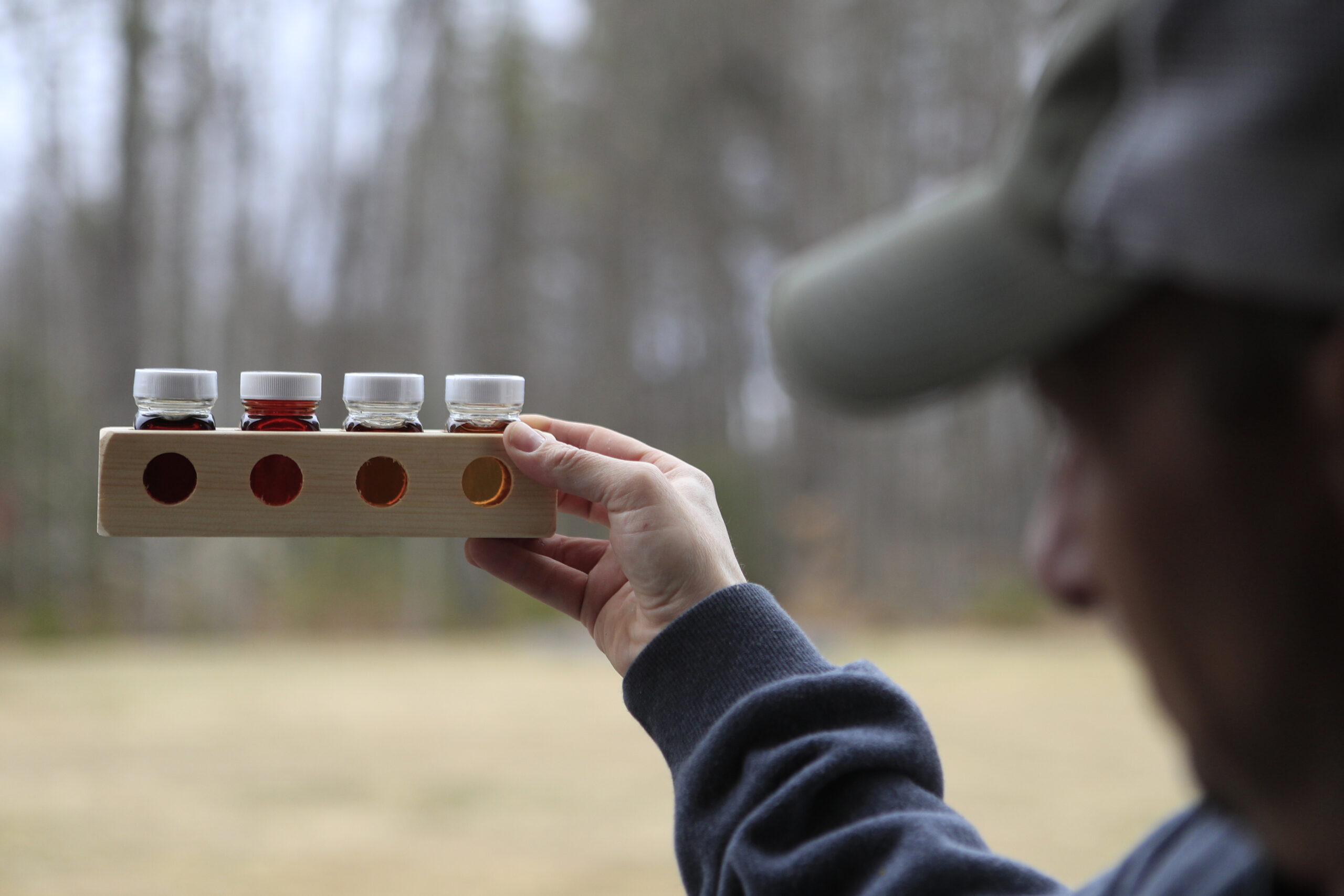
Maple syrup is a key part of agriculture in Wisconsin
Last year, the state produced 402,000 gallons of syrup, down 15 percent from the previous season, according to the USDA’s National Agricultural Statistics Service. Wisconsin ranks fourth in the United States for maple syrup production.
Schultz’s goal is to produce 500 gallons of maple syrup each season. His maple syrup sales bring in up to $25,000, which he estimates is only 5 percent of his business. A shorter season is possible for Shultz since there is no snow on the ground in Athens to keep the maple trees cool.
He’s selling more maple syrup than ever, so he’d like to see production increase. With an early start to the season, it’s unclear what the future holds.
Research shows the global market for maple syrup is growing and will continue to do so through the end of the decade.
Baroun doesn’t know when to expect the end of the tapping season.
“With this earlier season, it makes you worry about the unpredictability of how long (the season) is going to last,” Baroun said.
Editor’s note: This story has been updated to reflect the correct spelling of Tony Schultz.

